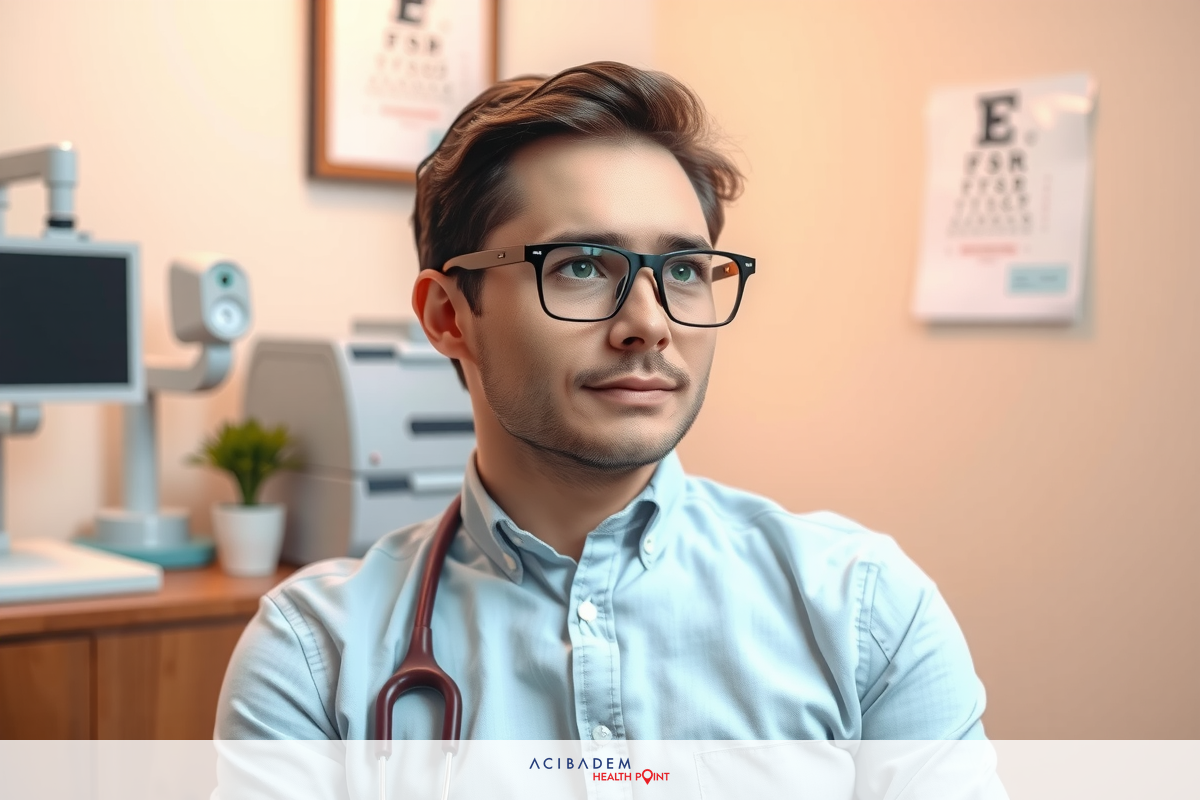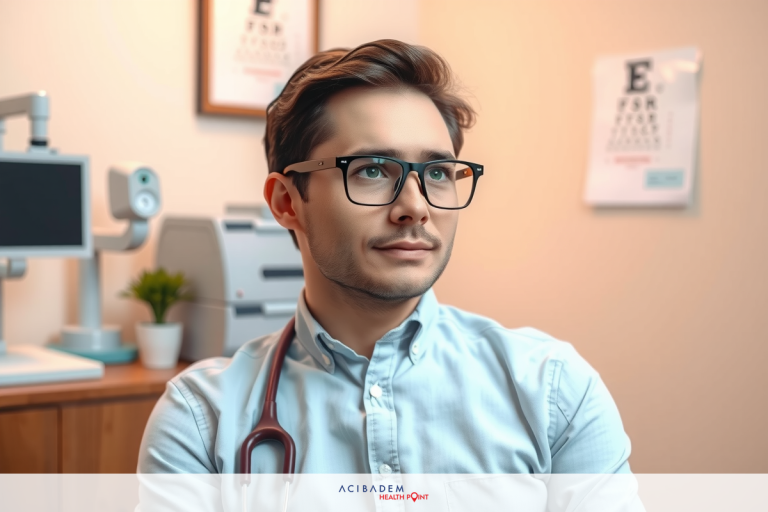Can I Drive After Laser Eye Surgery for Retinal Tear
Can I Drive After Laser Eye Surgery for Retinal Tear Recovering from laser eye surgery for a retinal tear can be an uncertain time. Questions often arise about when it is safe to resume everyday activities, including driving. It’s important to remember that every patient’s experience will differ depending on individual circumstances and the specific nature of their surgery.
Post-operative guidelines play a crucial role in ensuring a successful recovery and preventing potential complications. Among these guidelines, restrictions around driving are common and necessary due to potential changes in vision following surgery. Remember, your health professional team remains your best source of advice tailored to your unique situation.
The road back towards normalcy may seem daunting but understanding key aspects related to the post- surgery period can make this journey smoother and less anxious. So let’s embark on this informational ride together!
Recovery Period
The recovery period after laser eye surgery for a retinal tear is an integral part of the healing process. Every patient’s journey will be unique, dictated by their specific surgical circumstances and individual health condition. It’s indeed a delicate time that requires patience, caution and adherence to medical advice.
During this phase, one of the primary concerns patients often have revolves around driving. The ability to drive post-surgery hinges on several factors including the stability of vision after surgery and overall physical well-being. Surgeons usually advise refraining from driving until you are confident about your visual acuity not affecting your ability to navigate roads safely.
While it might seem challenging at first, understanding what to expect can make navigating this period less daunting. Typically during the initial stages of recovery, light sensitivity or blurry vision may be experienced due to swelling or medication side effects – these temporary changes in vision could affect safe driving practices.
In managing expectations around returning to regular activities such as driving, it’s important we consider various aspects like safety measures adhered during post-operative care and progress in healing over time. Monitoring symptoms carefully helps ensure any potential issues are identified early thus helping prevent complications which could impact long-term visual outcomes.
Remember each case is different, while some might find their vision stabilizing within days post-procedure others might take weeks before they reach that level where they feel comfortable behind wheels again – hence always consult with your healthcare provider before making decisions related directly or indirectly towards resuming preoperative routines like driving.
Adapting back into normal life after undergoing laser eye surgery for retinal tear involves certain alterations especially when concerning tasks requiring sharp focus like operating vehicles; therefore taking necessary precautions based on professional guidance contributes significantly towards successful recovery journeys ensuring safety both for oneself and fellow travellers on roadways
Can I Drive After Laser Eye Surgery for Retinal Tear: Post-Operative Guidelines
After undergoing laser eye surgery for a retinal tear, the post-operative period can be crucial in determining long-term recovery. Adhering to guidelines provided by your healthcare professional is paramount not only for healing but also for resuming normal activities such as driving.
A significant part of these guidelines focuses on restrictions related to driving. Here are some key points that

patients should pay attention to:
- Avoid Driving Immediately: It’s advisable not to drive immediately after the procedure since vision may temporarily be affected due to swelling or medication side effects.
- Monitor Vision Stability: Regularly monitor any changes in your vision and report these changes promptly to your doctor before deciding when it might be safe enough to get back behind the wheel.
- Follow-Up Appointments: Attending all follow-up appointments will allow professionals to assessrecovery progress and provide advice tailored specifically towards individual circumstances, includingguidance on resuming driving.
- Listen To Your Body: Pay attention if you feel uncomfortable with tasks requiring fine visual acuitylike reading road signs at distance– it’s important you don’t rush this process.
- Ensure Medication Compliance: Following prescribed medication schedules helps manageinflammation and promotes healing, which indirectly impacts when one can safely resume driving.
Remember, patience during this time is essential because rushing could lead potentially towards setbacks within recovery journey or even worse complications endangering both personal health safety and others’ while on roads too!
Frequently Asked Questions
When can I start driving after laser eye surgery for a retinal tear?
The exact timeline varies between individuals based on the nature of their surgery and individual recovery process. It's important to consult with your healthcare provider before getting back behind the wheel.
Will my vision be affected while driving after the surgery?
Temporary changes in vision such as light sensitivity or blurry vision may occur due to swelling or medication side effects, which could affect your ability to drive safely. As healing progresses, these symptoms should lessen.
What precautions should I take when resuming driving post-surgery?
Always listen to your body – if you feel uncomfortable performing tasks requiring fine visual acuity like reading road signs at distance it’s important not to rush this process. Regularly monitor any changes in your vision and report these changes promptly to your doctor.
How will follow-up appointments impact my return to driving?
Follow-up appointments are crucial as they allow healthcare professionals an opportunity for assessing recovery progress thereby providing advice tailored towards individual circumstances including guidance around resuming activities like driving safely again.
Please remember that all answers provided here are meant for informational purposes only and do not constitute medical advice. Always consult with a healthcare professional for accurate information.








